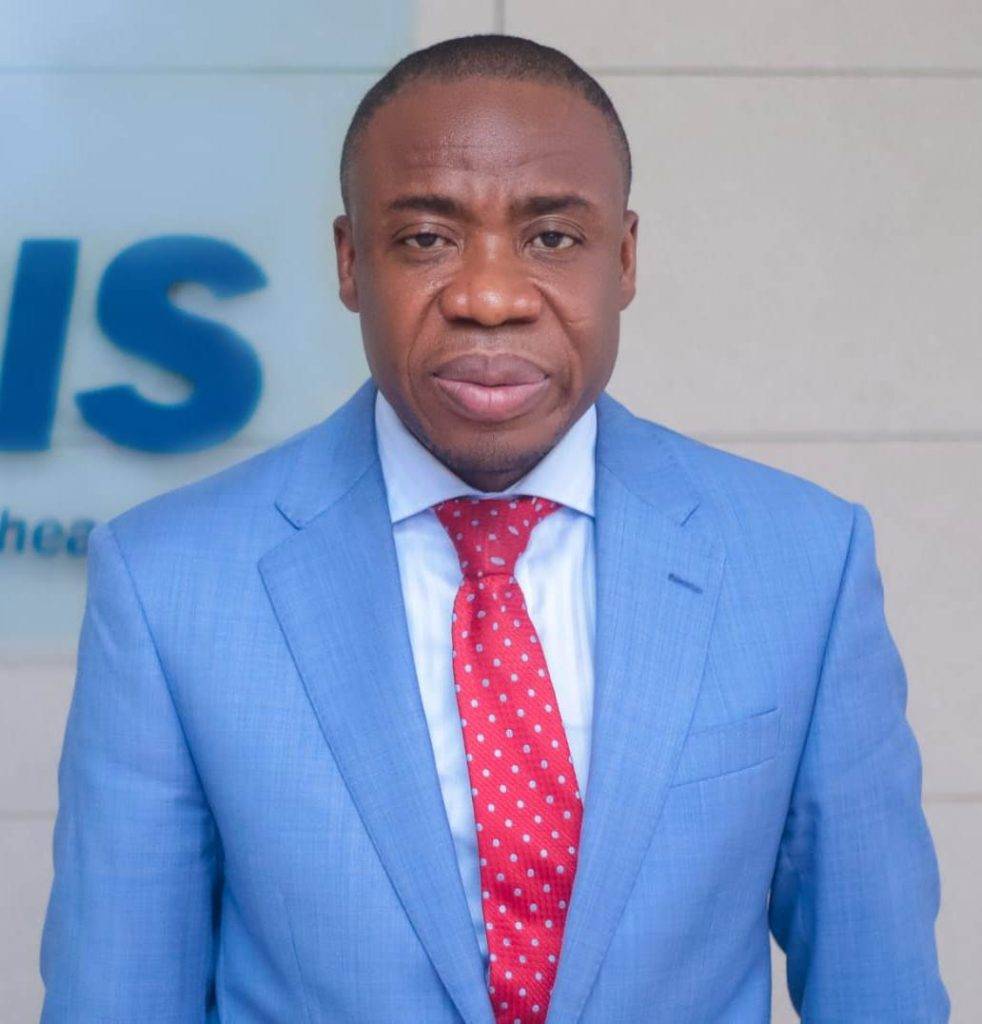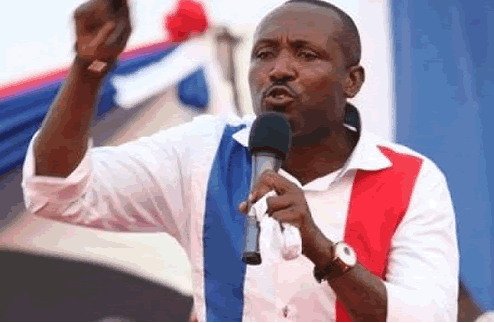
By Christabel Addo/Julius K. Satsi, GNA
Accra, April 5, GNA - An inter-ministerial and inter-agency forum has proposed multiple sources of financing community mental health care systems to strengthen and sustain their operationalisation at the local level.
The forum also called for strengthened partnership between the Government and stakeholders, especially the private sector and faith based organisations, in the mobilisation of sustainable funding to support mental health care, particularly at the regional, district and sub-district levels.
The forum, which was organised by BasicNeeds-Ghana, a Non-governmental Organisation in Accra on Thursday, with funding from STAR-Ghana, is a preliminary to a much bigger national dialogue to be held later in the year.
Mr Peter Badimak Yaro, the President of BasicNeeds-Ghana, said the current huge funding inadequacies was a major challenge to the effective implementation of both the Mental Health Act of 2012 (Act 846), six years after its promulgation, and also the provision in it for the establishment of a Mental Health Fund.
He said generally mental health financing in the country was discouraging and even worse at the local levels, adding that “mental health remains lowly prioritised and inadequately integrated into the general health care at the Primary Health Care level,” and this had reflected in the low funding for the sector.
Mr Yaro said, presently, less than 10 per cent of the country’s health budget was allocated to mental health, with most of it being for staff emoluments and running of the three psychiatric hospitals, and there was no dedicated funding for financing scheme for community-based mental health care.
He said inspite of the recognition by the World Health Organisation that governments developed mental health policies with comprehensive strategies backed by sustainable options for financing the sector, the issue had remained far from being realised.
Stakeholders at the forum unanimously expressed the view that the passage of the Mental Health Law should have been a game changer.
Mr Felix Morgan, representing the Ministry of Gender, Children and Social Protection, however, suggested that notwithstanding the absence of the Mental Health Fund, existing government and public funding streams could serve as avenues for financing and generally resourcing the needs of those vulnerable groups.
Stakeholders, he said, could adequately leverage on available structures such as the Consolidated Fund of Ghana, the Ministry of Health Budget, the District Assembly Common Fund, the National Health Insurance Scheme and even the Ghana Education Trust Fund (GETFund), to support the development of mental health care delivery.
Dr James Duah, the Deputy Executive Director of the Christian Health Association of Ghana, therefore, proposed that aside those traditional sources of financing, other domestic supports from religious organisations, and petty levies on popular consumables like toothpaste, water and call cards could be explored.
Mr Humphrey Kofie, the Executive Secretary of the Mental Health Society of Ghana, admitted that mobilising seed money for the development and sustainability of mental health care was crucial, and encouraged the government to have an extensive dialogue with their development partners for external grants to close the existing gap.
Ms Caroline Amissah, the Deputy Chief Executive of the Mental Health Authority, also gave some options of mobilising local funding, saying avenues such as levies on passports and visa acquisitions could be viable means of ensuring sustainable resources for long term investments to address the current challenges.
She called for robust measures to be put in place to address the issue of securing psychotropic medicines, solving the challenges with transportation, logistics, as well as the data gathering and storage confronting mental health personnel at the community levels.
Dr Emmanuel Odame, the Acting Director of Policy Planning Monitoring and Evaluation at the Ministry of Health, reaffirmed the political will of the Government to support every move towards enhancing mental health care delivery and ensure Universal Health Coverage and attain the Sustainable Development Goals.
He said the task was too heavy for the Government alone and called on all stakeholders to join hands in achieving the expected outcomes in mental health financing.
Dr Samuel Kaba Akoriyea, the Director, Institutional Care Division, Ghana Health Service (GHS), however, said several interventions had been put in place to institutionalise mental health care across the country, citing the establishment of special wings or wards within health facilities, to support the course.
The GHS Council, he said, currently placed much emphasis on quality customer care as well as data, to optimize its output and widen the participation of families.
He gave the assurance that the Service would work hard to maximise mental health care delivery at the Community Based Health Planning and Services level.
GNA
Read Full Story
















Facebook
Twitter
Pinterest
Instagram
Google+
YouTube
LinkedIn
RSS